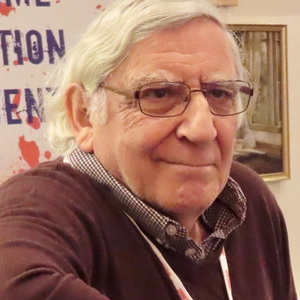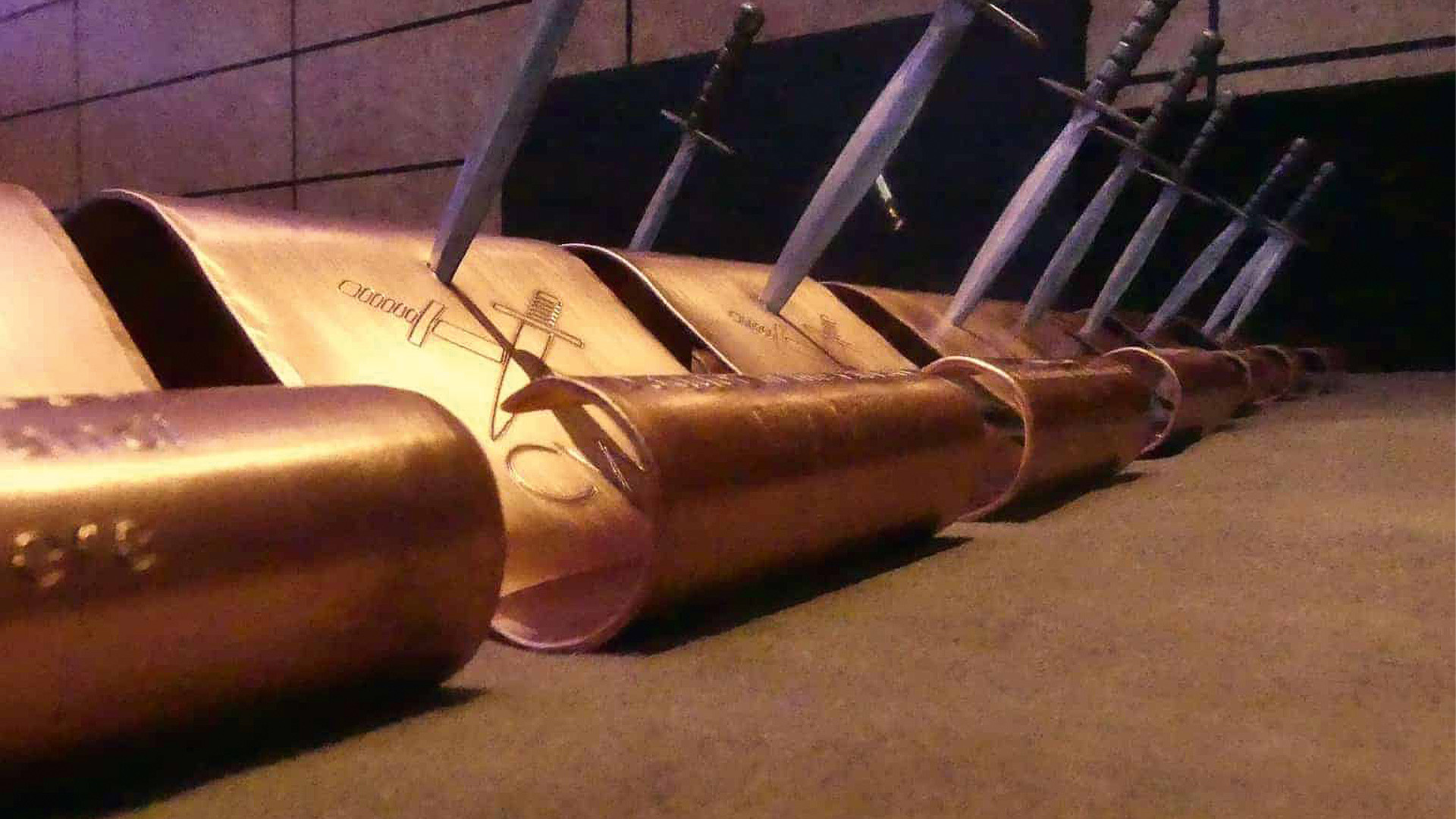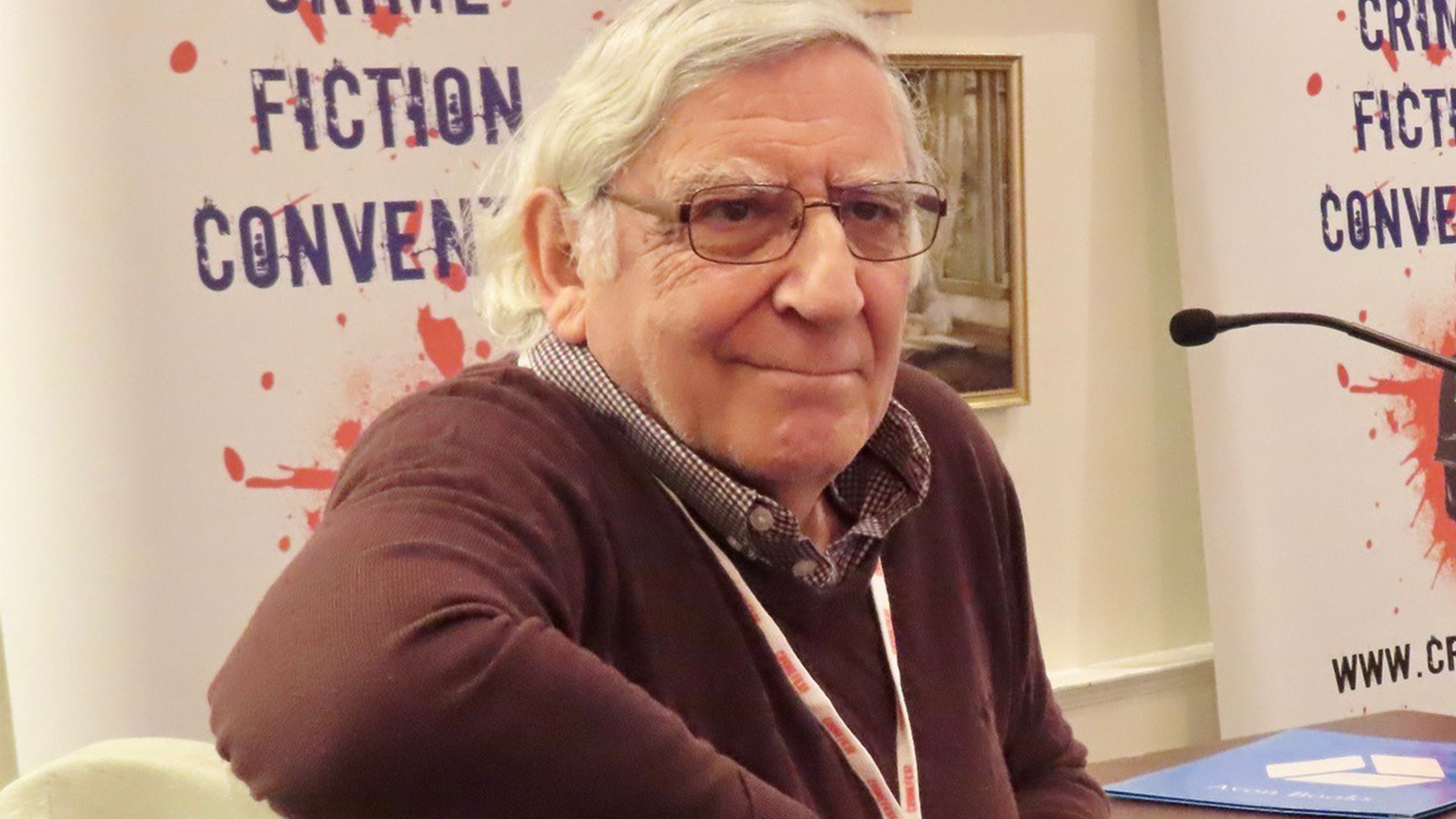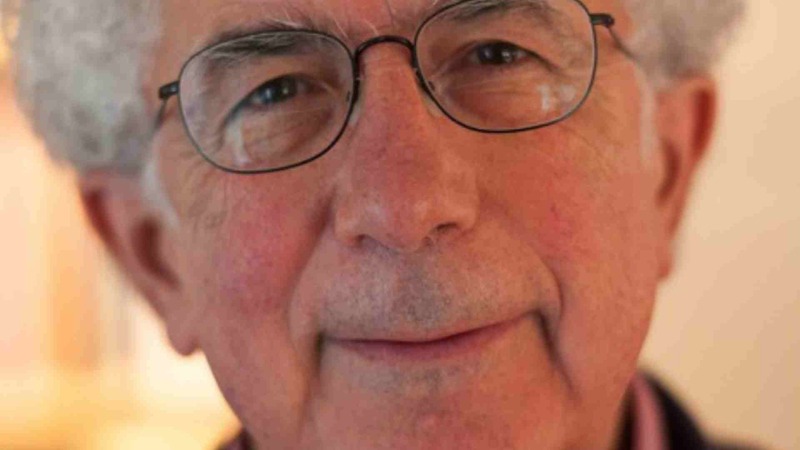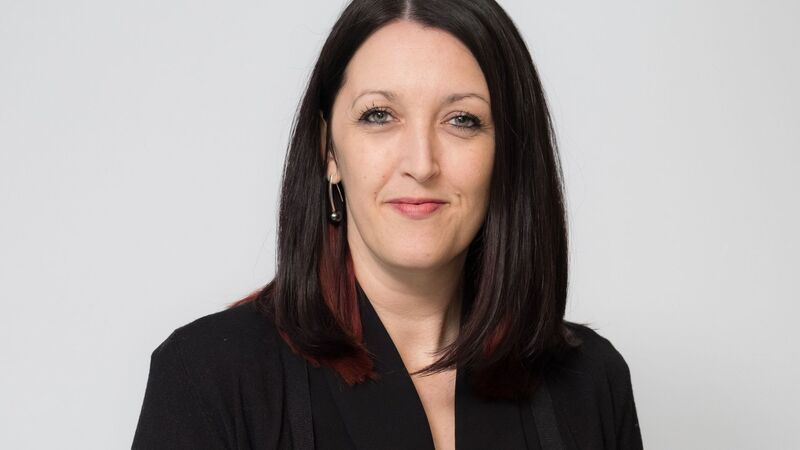You are viewing your 1 free article this month. Login to read more articles.
Seventy years of supporting crime
On its 70th anniversary, the Crime Writers’ Association (CWA) reflects on progress made and the challenges to come.
Seventy years may be a blink in the eye of history, but a long time in the life of any organisation, let alone a writers’ association where the binding formula is based on avowed common goals sometimes undermined by the realpolitik of individual self-interest.
The CWA’s original aim, according to its founder, prolific crime novelist, John Creasey, was "that both the prestige and the fortunes of crime writers generally should be improved". There can be little doubt that the fortunes of crime writing – as a whole – have been improved. Crime fiction is now the world’s most popular genre and dominates bestseller lists and film and TV adaptations.
From its inception in 1953, the CWA has been a constant presence as the genre’s unstoppable rise has played out. For seven decades, the association has represented its interests, and has lauded the great and the good in the genre, members and non-members alike.
The coveted Dagger
A CWA Dagger is, arguably, the most widely recognised and coveted award in crime writing. An impressive list of Dagger winners, across almost 70 years, testify to how our constantly evolving judging panels have recognised talent, seldom missing out on books and writers of importance. Little wonder then, that the CWA’s membership has, on the occasion of its current jubilee, reached an all-time high, with members enjoying newsletters, over 20 regional chapters (including several based overseas), bursaries, a vibrant social media presence, mentorships, collaboration with other organisations, professional advice, an annual conference and a schedule of social and public events designed to further Creasey’s communal vision.
We have evolved from a small, convivial group to a one-stop shop for all those seeking information, contacts and speakers from the genre. Our associate members now include publishing houses and literary agents, providing support and feedback when needed.
And yet, no organisation exists in a vacuum. The writing landscape has changed dramatically, and with it the expectations of writers. The concerns of CWA members echo the concerns of the industry. Average earnings are down – the benefits of crime fiction’s ascendancy are far from being felt equally. The lion’s share of this new bounty is drawn to established stars, big money debuts and, increasingly, celebrities-turned-crime writers.
Celebrity writers are a real flash point. Some are clearly talented and passionate about the genre and deserve their success; others are exercising the old axiom that "everyone has a novel in them". Lack of expertise is no barrier – ghost writers are easy to find. Either way ordinary writers – those who feel that they’ve paid their dues – are being squeezed out from review slots, interviews, bookshelf space and festival panels.
With the advent of self-publishing and direct-to-consumer platforms, the industry has become, to some extent, democratised. The CWA has responded to this by, for the first time, allowing self-published writers to become members – subject to being able to demonstrate a reasonable level of professionalism. Clearly, this is an area that will continue to grow and it behoves all writers’ associations to include and work with the indie community.
Other issues cut across all literature. Piracy is rampant, particularly in digital formats. And now the spectre of books written by artificial intelligence hangs over the industry. If it wasn’t bad enough being ousted by a celeb, now a few lines of code can do the job.
Tradition and innovation
The CWA has always attempted to grapple with the thorny issue of balancing tradition and innovation. Change is the only constant, but change doesn’t always sit well with all of our members. Yet the sign of a healthy organisation is one that is unafraid to debate contentious matters.
One dimension of our recent evolution is reflected in the way the genre has opened itself up to new voices and new stories. Clearly, inclusivity is the order of the day, and a strong growth area, judging by recent inroads by writers from non-traditional backgrounds (for want of a better phrase).
The CWA will continue to focus on attracting writers from all communities. We’ve worked hard to shape our image as a modern, vibrant hub for the incredibly broad church that crime writing now represents, long since shedding the (erroneous) perception once held by some that the CWA was some sort of elitist club.
Finally, the CWA – run principally by volunteers, aided by a handful of part-time staff – is not immune from the economic environment. Our budgets are being squeezed, with rising costs on all fronts. In such an environment, hard choices sometimes have to be made. But that’s the nature of the beast. We welcome the challenge and our next 70 years.
